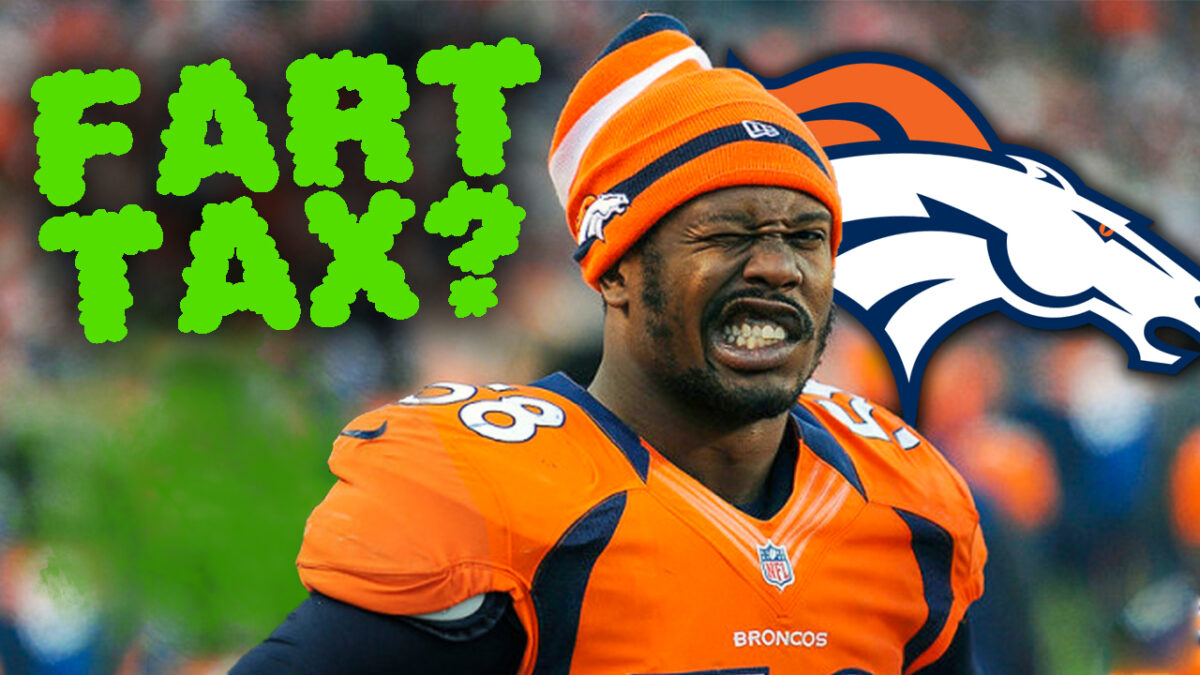
Every sports league has a set of rules that all players must follow, with no exceptions. These are fair rules that ensure fair play, good sportsmanship and proper behavior in and out of the game.
But there are also some very odd and specific rules that teams and players have had to follow over the years. Whether it’s something to do with their weight, diet or physical appearance, these teams and players had some fun taken away from them because of strange-but-true enforced rules.
14. Team England: No Starbucks For You!
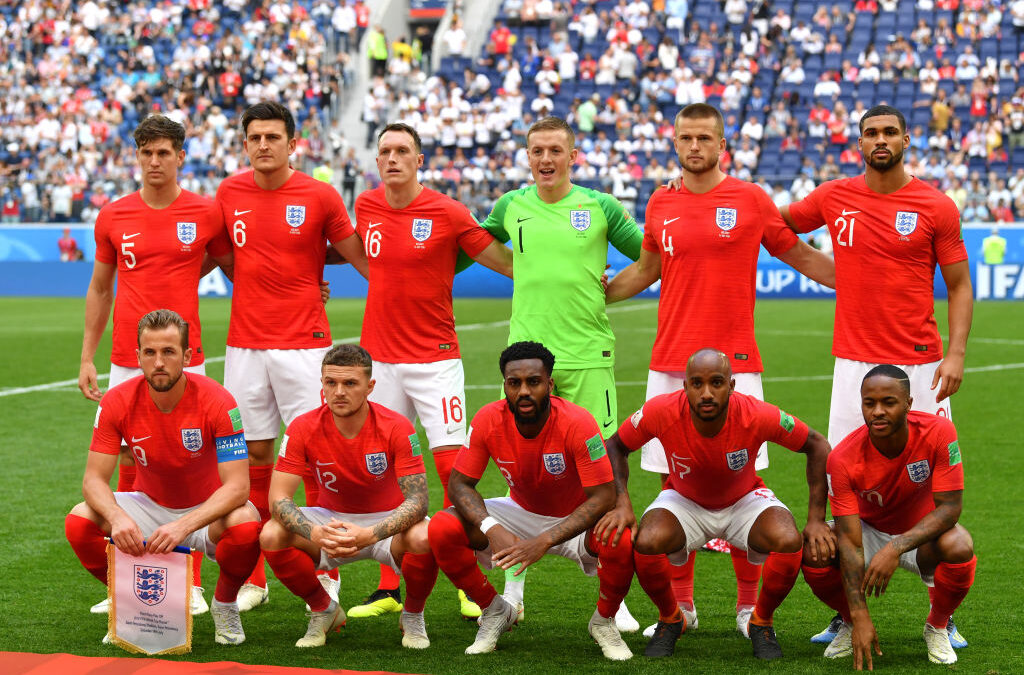
The English men’s national soccer team had been disappointed on the international stage for so many years, but manager Gareth Southgate established a whole new culture for the 2018 World Cup tournament in Russia. And it worked beautifully.
After decades of shortcomings, Southgate helped England reach the final four — eventually falling to Croatia in the semi-finals. The English finished fourth overall in the tournament — their best finish at the World Cup since 1990.
So what was the trick? Well, Southgates’ tactics and strategies were obviously part of it. He also disallowed his players from consuming Starbucks during the tournament. Yes, we’re serious.
The Starbucks staff at the hotel were told to not serve any food while the English players were staying there. Sandwiches and muffins were barred — only tea, coffee and bottled water were permitted.
Click on ‘Follow Us’ and get notified of the most viral NFL stories via Google! Follow Us
Hey, Southgate’s eating rule worked!
13. Ohio State Football: Don’t Say “Michigan”
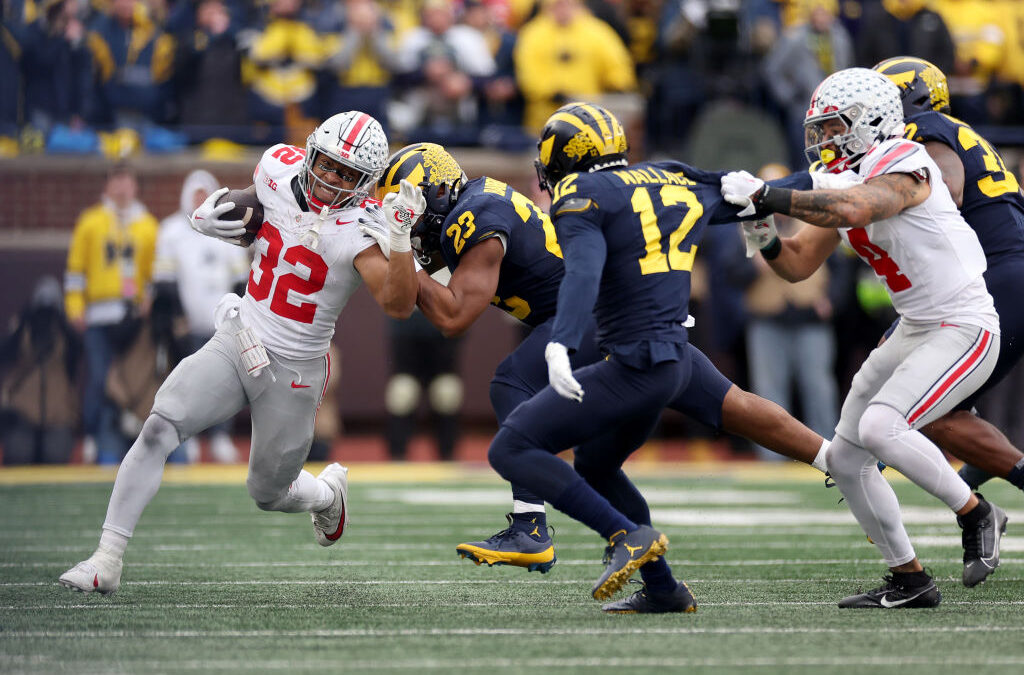
The Ohio State Buckeyes and Michigan Wolverines make up one of the most iconic rivalries in American sports; one that began over 120 years ago.
The rivalry is so heated that the Buckeyes have a rule in place where they are to NOT mention the “M” word…which is Michigan.
During a 2019 interview on The Rich Eisen Show, Buckeyes head coach Ryan Day stated that he NEVER utters “Michigan.” Instead, Ohio State will refer to their arch-rivals as “Ann Arbor,” “the blue team” or “the Wolverines.”
On one instance, Branden Bowen of the Buckeyes pulled off the big no-no by saying the word “Michigan” in front of then-head coach Urban Meyer. Bowen was ordered to do push-ups as a minor punishment.
Former Buckeyes defensive tackle Jashon Cornell also said that they refer to Michigan as “the team up north.” Plain and simple. That’s it. No ifs ands or buts.
12. John Lackey’s Injury Clause

The Boston Red Sox signed former LA Angels ace John Lackey to a mega five-year deal worth $82.5 million in the 2009 offseason. However, they were a little bit worried about his elbow injury woes.
So the front office added a clause that outlined if Lackey missed an entire year because of an injury, Boston would have a team option at the end of his deal for the league minimum.
Lackey underwent Tommy John Surgery and missed the entire 2012 season. The Red Sox eventually traded him to the St. Louis Cardinals in 2014, where he performed nicely. As a result, they decided to pick up the option that Boston tacked on, giving the Cards a reliable pitcher at the league minimum.
But the Cardinals, feeling generous, added bonuses into Lackey’s contract for the 2015 season.
11. Sebastian Coates: No Red Boots Allowed!

In 2016, Former Liverpool FC and Sunderland star center back Sebastian Coates was loaned to Sporting CP club of the Portuguese Primeira Liga.
This was no routine transaction, however. Sporting CP added a condition in the contract that barred Coates from wearing red boots. The reason? Red is the main color for their heated rivals, Benfica.
Plenty of other nice colors to choose from, Sebastian!
10. Denver Broncos: Fart Tax
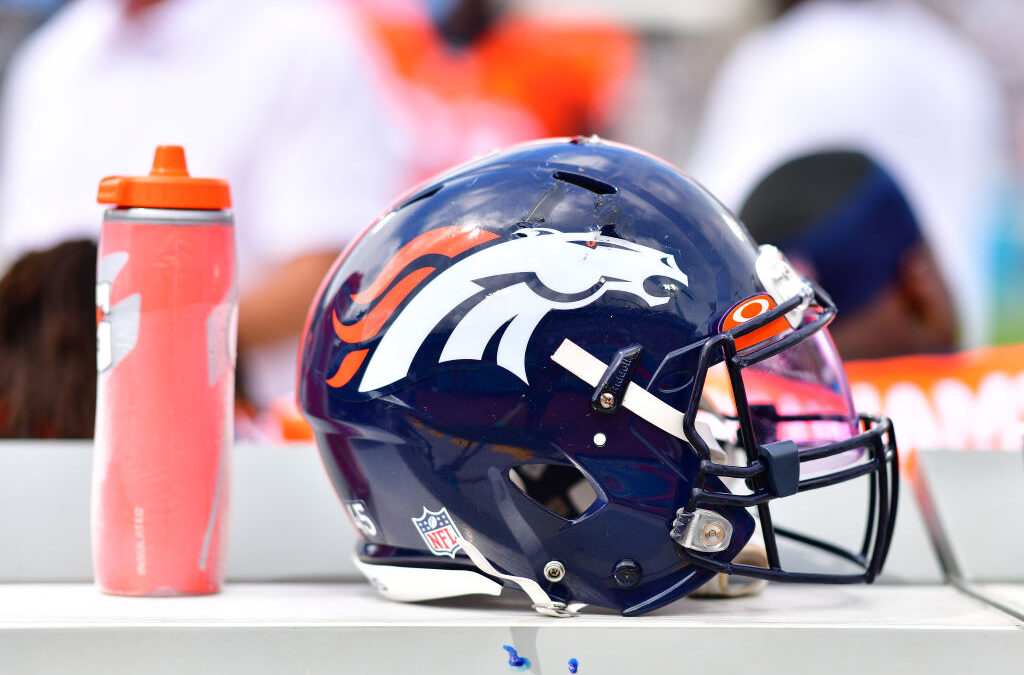
Passing gas is, well, part of being a human. People have to make a big deal out of it, even though it’s a natural function.
Good thing none of us played for the 2015 Denver Broncos, because they went great lengths to ban farting at team facilities.
In the offseason, Von Miller admitted to reporters that the team held a “fart tax”, where players would get fined if they let it rip during meetings. The perennial Pro Bowl pass rusher also admitted that he probably racked up the most fart fines.
Lay off the broccoli, Von.
9. Dez Bryant’s Curfew & Conditions
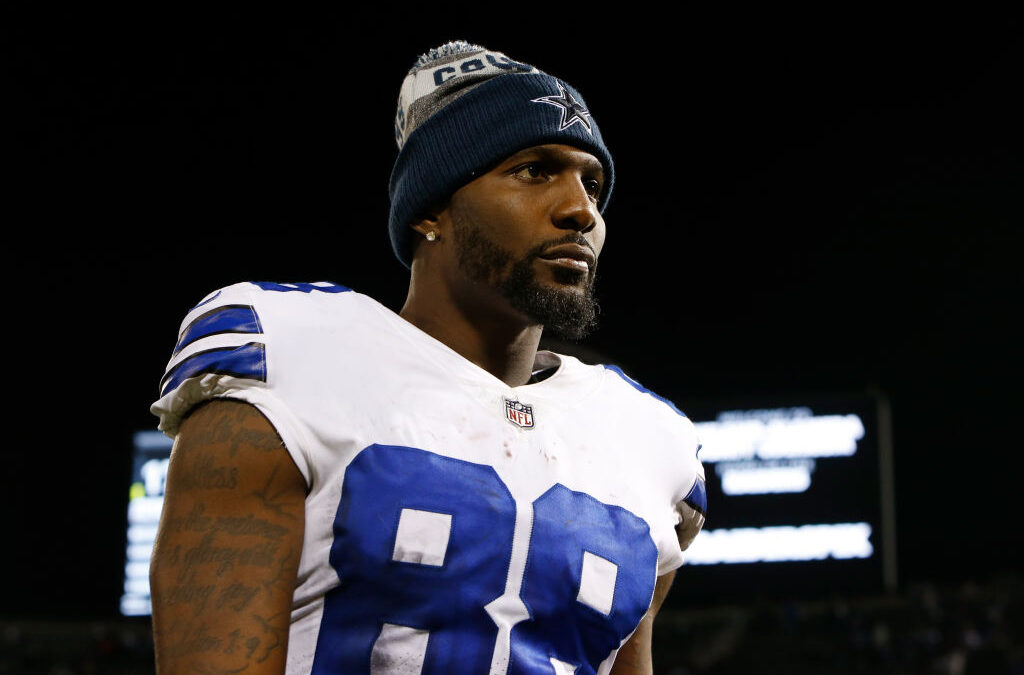
Former Dallas Cowboys wide receiver Dez Bryant did a LOT of good on the field, but the three-time Pro Bowler had a handful of legal incidents off the field.
In order to keep Bryant disciplined and focused, owner Jerry Jones put together a set of rules that No. 88 had to follow.
Bryant was assigned a midnight curfew, and if he were to break it, Cowboys officials would have to receive a warning ahead of time.
Bryant was also barred from drinking alcohol and was only permitted to enter nightclubs if the team allowed it — and if a security team accompanied him.
On top of that, Bryant had to attend two counseling meetings per week. At least one security member would be with him at all times — and they would drive him to the games and practices.
Bryant was eventually able to clean up his act off the field, and he was instrumental in helping the Cowboys win the NFC East division crown in 2014 and 2016.
Teams with other troubled players should take note of the Cowboys’ plan with Bryant. It clearly did wonders for everybody involved here.
8. Ray “Slim” Caldwell: Getting Drunk Clause
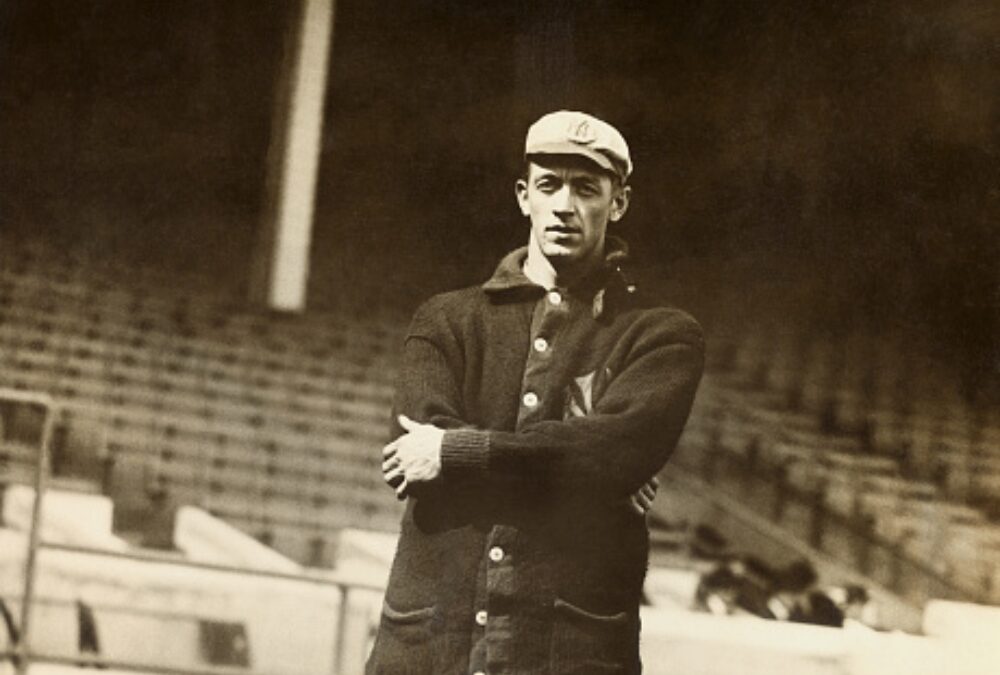
Former New York Yankees, Boston Red Sox and Cleveland Indians pitcher Ray “Slim” Caldwell had well-documented drinking and behavioral issues during his career.
Indians manager Tris Speaker valued Caldwell’s talents. So he added a clause in Caldwell’s contract that legitimately required him to get drunk after every game he pitched.
Legend has it that Caldwell informed Speaker about the language contract; that it should say he is to NOT get drunk. But nope. Speaker encouraged him to drink. But no, it wasn’t all fun and games.
The following day, Caldwell would stay home and away from the clubhouse. The day after, he’d show up and run around the park. On the third day, he would perform pitching duties at batting practice. On day four, Caldwell would pitch again.
Well, Speaker’s plan for Caldwell worked out perfectly — because he wound up leading the Indians to a World Series championship in 1920.
7. Eddie Lacy’s Weight Loss Incentives
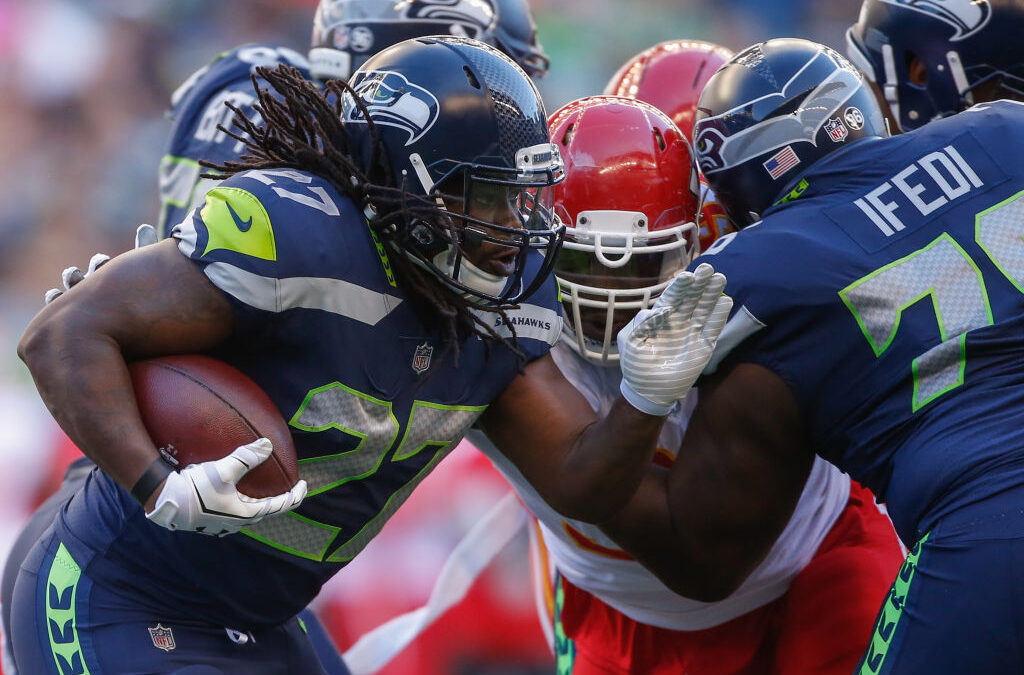
Lacy got off to a scorching start with the Green Bay Packers, winning the 2013 Offensive Rookie of the Year Award after rushing for 1,178 yards and 11 touchdowns. Lacy hit the 1,000-yard mark again in 2014, helping the Packers reach the 2014 NFC Championship Game. He certainly looked poised for a great career in Titletown.
But Lacy put on a noticeable amount of weight in the 2015 season, and he was predictably much slower and less effective. That led to the end of his short tenure in Green Bay, who decided not to bring him back after the 2016 campaign.
The Seattle Seahawks signed Lacy in the 2017 offseason, but they wanted to make sure that the former Pro Bowler stayed in shape. They added incentives in Lacy’s contract that would see him take home an additional $55,000 for every month he hit a specific weight.
May was 255 pounds, June and August 250 pounds and September to December were 245 pounds.
Though Lacy successfully hit those numbers early in the offseason to take home the extra pay, he unfortunately didn’t produce much in Seattle. Lacy finished the 2017 season — his last in the NFL — with 179 rushing yards on 69 carries with no touchdowns.
6. Dontari Poe’s Weight Clause
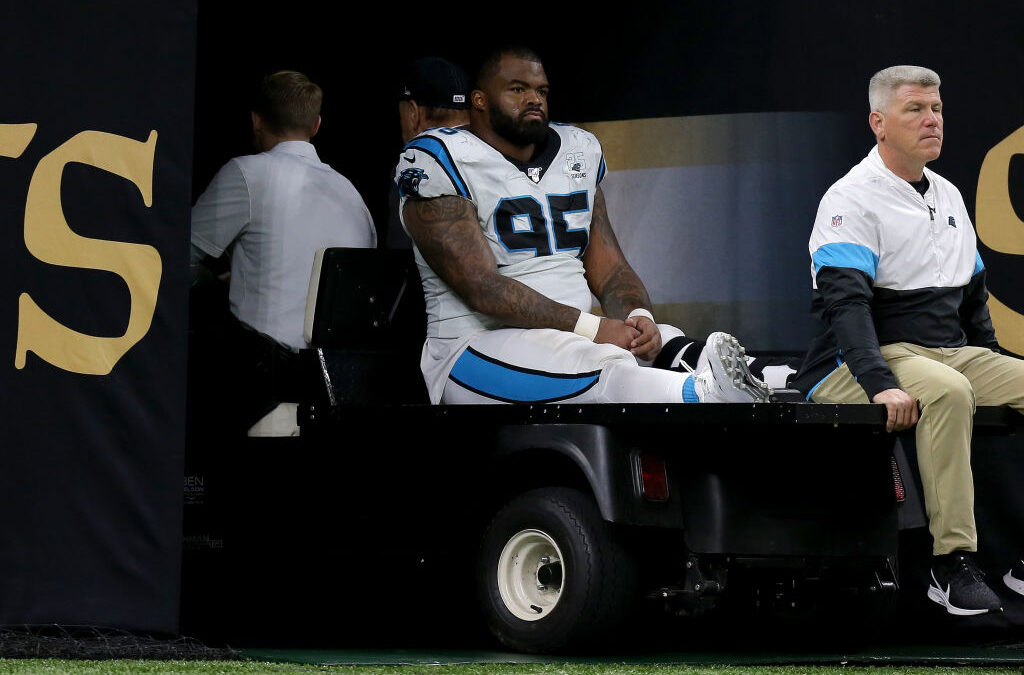
Lacy isn’t the only recent NFL player to receive a weight-related clause.
In the 2017 offseason, the veteran Pro Bowl nose tackle signed a one-year contract with the defending NFC Champion Atlanta Falcons. But GM Thomas Dimitroff and the coaching staff went great lengths to ensure that Poe kept his weight in order.
Poe’s one-year pact was worth $8 million, but it included a $500,000 bonus if he hit a certain weight and kept it that way. Pro Football Talk speculated that the weight was set at 330.
A year later, Poe signed a three-year contract worth $27 million with the Carolina Panthers. They also added a $500,00 bonus for each year he met a mandatory weight total. It was set at four weigh-ins each year.
At the time, Poe stated that his weight ranged from 335 to 340 pounds.
Whatever it takes to get your guy in shape, eh Atlanta and Carolina? Throw six-figure bonuses around if you have to. It clearly works.
5. Manchester City’s Pizza Ban
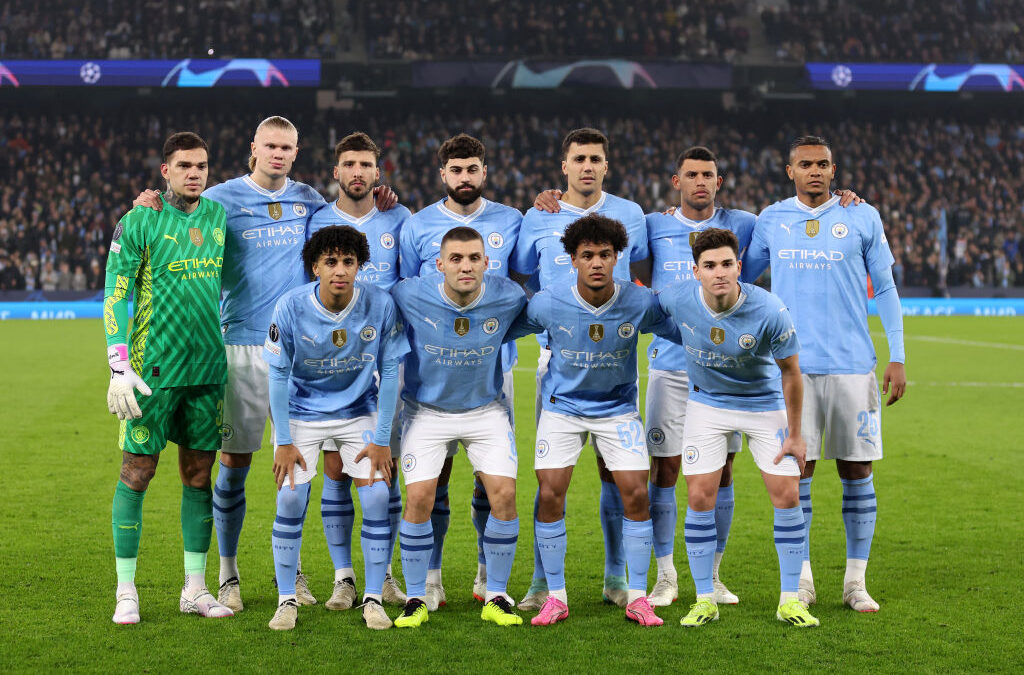
The most successful sports teams are usually the most authoritative and disciplined. Take Manchester City, for example. They are one of the most consistently dominant soccer teams in the world — having won the EPL crown in 2012, 2014, 2018 and 2019.
A lot of that success is obviously credited to manager Pep Guardiola. Even though his teams are pure winners, Guardiola isn’t the most fun guy to play for.
After joining Man-City in 2016, Guardiola banned his players from eating pizza. He also warned his players that if they show up overweight, they will not be allowed to train with the team. Simple enough.
This is simply part of Guardiola’s delicate and intense coaching system that puts an emphasis on supreme training and energy.
On paper, anybody who plays with Manchester City has a near-flawless life. But no pizza? Come on man. I’m sure many of you would rather eat pizza than make millions to play soccer with no pizza allowed.
4. Rube Waddell: No More Animal Crackers
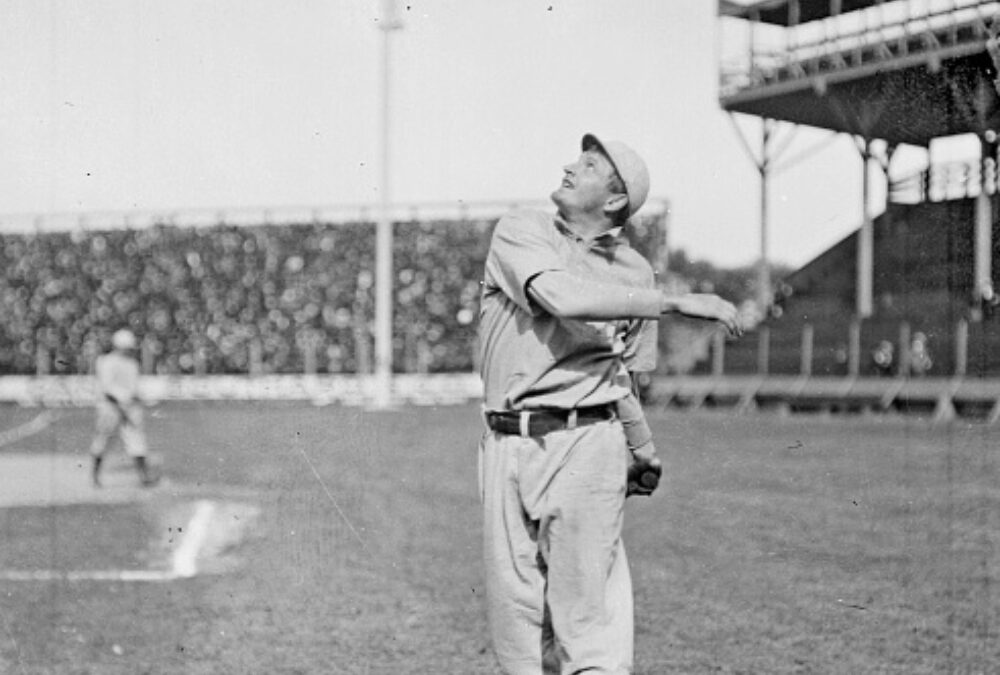
Baseball Hall of Famer Rube Waddell was one of the greatest pitchers of the 1900s. He racked up 193 career wins and 2,316 strikeouts. Waddell captured the Triple Crown in 1905, having led the AL in wins, ERA and strikeouts.
Waddell was one of the brighter characters during his playing days, but he quickly got on the nerves of teammate and roommate Ossee Schreckengost.
Waddell enjoyed snacking on animal crackers before bedtime, and this drove Schreckengost crazy. The latter would wake up with crumbs in bed. And he couldn’t handle it anymore.
So apparently, Schreckengost approached manager Connie Mack — who agreed to add a clause in Waddell’s contract that disallowed him from literally eating animal crackers in bed.
Other than that, all accounts suggest Waddell and Schreckengost got along very well!
3. Oklahoma Sooners: PastaGate
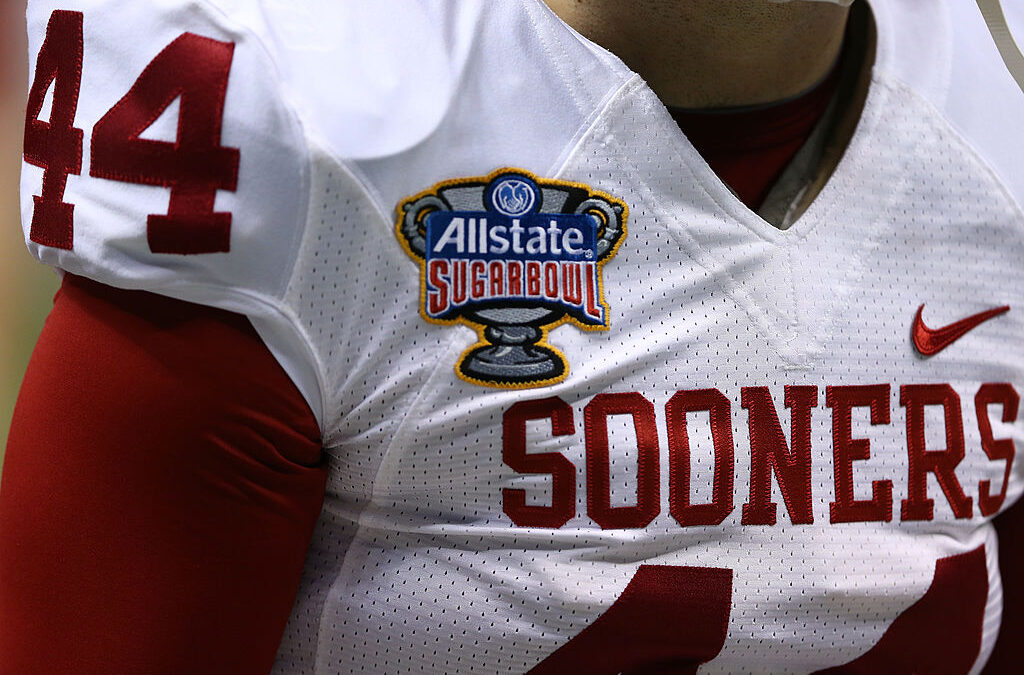
The NCAA has very strict and controversial rules that all athletes have to follow. You know…no accepting benefits and this and that. Sorry, but sometimes things are taken a little too far.
The Oklahoman newspaper reported that on May, 10, 2013, a trio of Sooners athletes consumed more food than what was apparently acceptable….at an all-you-can eat graduation banquet.
This is no joke: The three athletes each had to pay three dollars and 83 cents to a charity of their choices in order to be reinstated. Apparently, each pasta serving cost $3.83.
However, a NCAA spokesperson said that they don’t have any rules that specifically relate to food portion sizes. It was just the school making up their own strict rule.
2. Mario Balotelli’s Good Behavior Clause
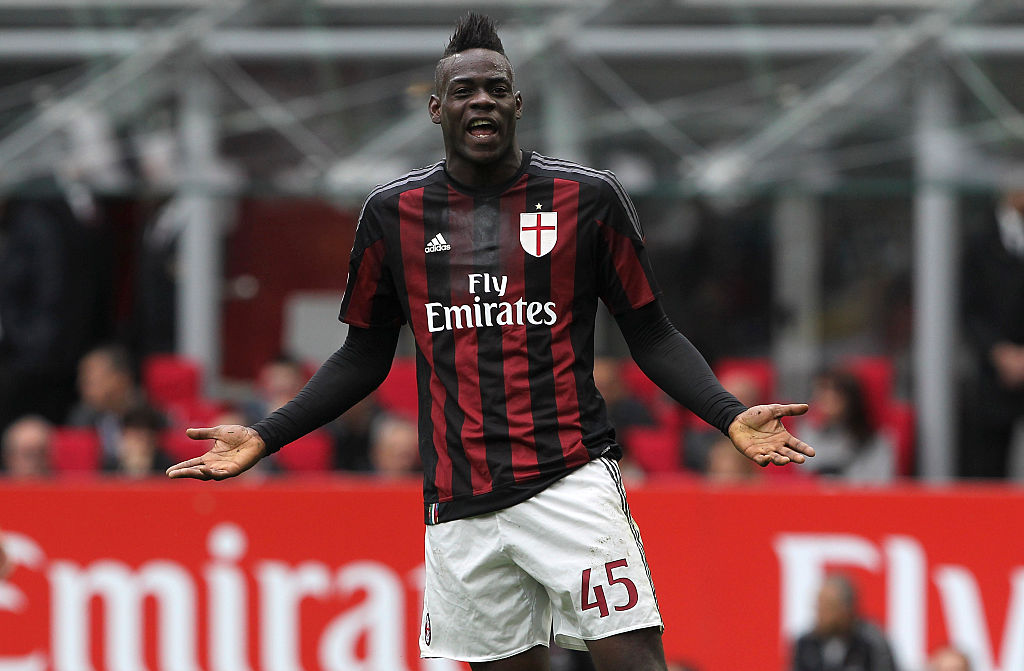
Italian striker Mario Balotelli will go down as one of the greatest soccer players of his generation — as well as one of the most polarizing. As great as this guy is on the pitch, he certainly hasn’t come without controversy.
Balotelli has had well-documented attitude problems throughout his career, unable to contain his temper and behavior on social media.
Balotelli joined Liverpool for the 2014-15 season, but he struggled mightily to the point where they were desperate to get rid of him. Luckily for Liverpool, A.C. Milan was happy to bring back Balotelli, but he had to agree to a “good behavior” policy as part of his contract.
The clause put a ban on his signature extravagant haircuts and clothing. Balotelli was also not allowed to visit nightclubs nor smoke cigarettes. There were limits on alcohol consumption, and AC Milan was to monitor Balotelli’s social media activity.
Whatever they had to do, right?
1.New York Yankees: The Hair Policy
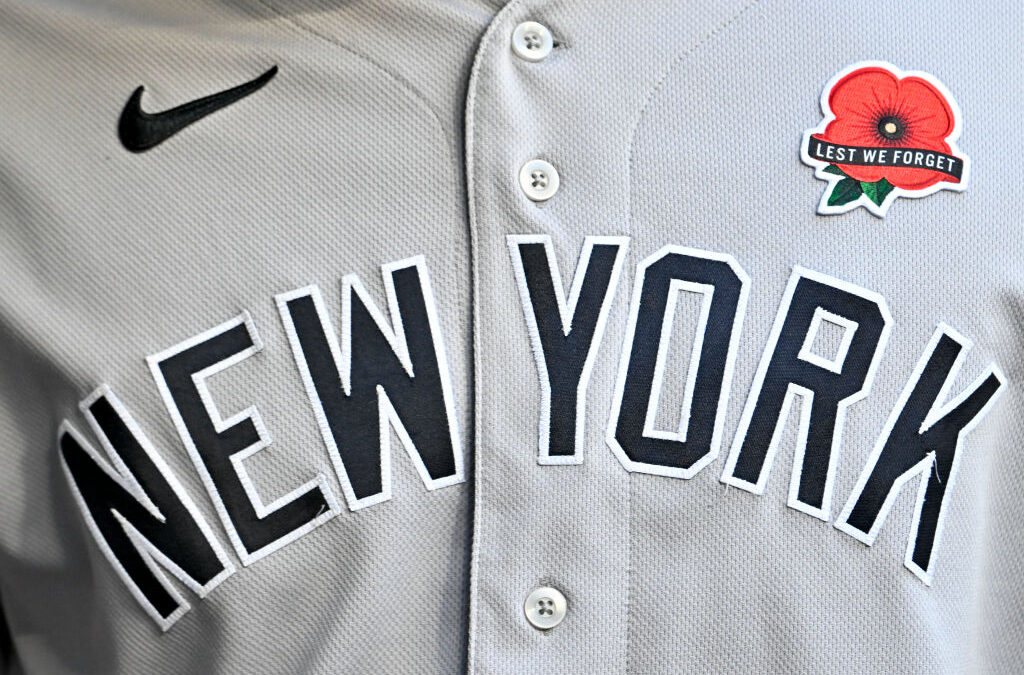
It is by far the most well-known enforced team rule in any sport. Beginning in the George Steinbrenner ownership regime, the Yankees have enforced a rule that disallows players from growing long hair and beards. The only facial hair permitted is a mustache. No exceptions.
Former Yankees star Don Mattingly was once benched for refusing to cut his long hair. Mattingly and the hair policy was even featured in a 1992 Simpsons episode, Homer at the Bat.
The official Yankees rule reads as follows:
“All players, coaches and male executives are forbidden to display any facial hair other than mustaches (except for religious reasons), and scalp hair may not be grown below the collar. Long sideburns and “mutton chops” are not specifically banned.”
Johnny Damon and Gerrit Cole sure looked a whole lot different when they changed their looks after signing with the Yankees. Many more to come, too, because the team clearly isn’t about to scrap this rule.


